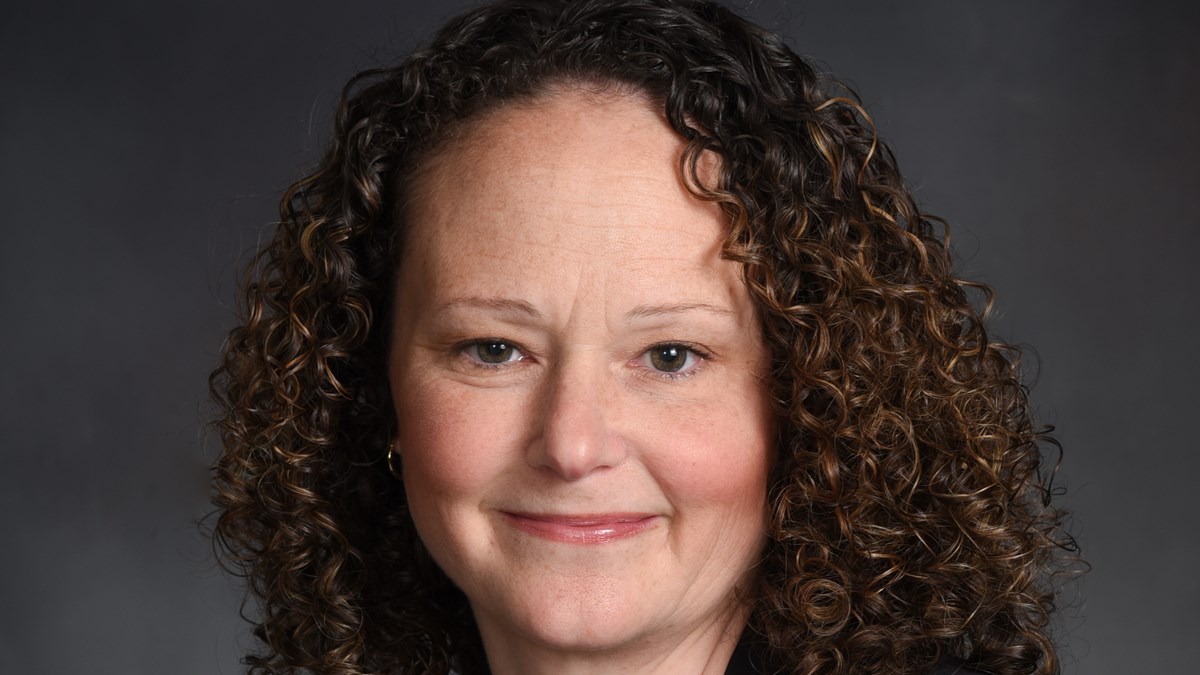Michelle Butina

“Medical Laboratory Science is an incredibly rewarding field of study. Our role in the diagnosis and care of patients in medicine is vital.”
Michelle Butina, Ph.D., wears many hats for West Virginia University’s School of Medicine.
Butina is the program director of clinical laboratory science and the vice chair of Medical Laboratory Science Division. Besides administrative duties, she teaches within her program and serves as the clinical rotation coordinator.
“The work can be challenging, but I love doing it because I feel like I’m making a difference in our students’ lives,” Butina said.
Butina says Medical Laboratory Science is one of the best kept secrets on WVU’s campus. However, she wants to shed more light on the programs within the Division, which include Clinical Laboratory Science, Histotechnology and Pathologists’ Assistant.
“Medical Laboratory Science is an incredibly rewarding field of study,” Butina said. “Our role in the diagnosis and care of patients in medicine is vital.”
Medical laboratory scientists support healthcare providers by providing laboratory information that aids in the diagnosis, prognosis and treatment of patients. While in these programs at WVU, students get crucial experience within the field during their clinical rotations, which will prepare them for their careers. Class sizes are also small, ensuring students are the main focus and that they don’t feel lost.
“By the time you leave our program, you will be ready for an entry-level position and our placement rates indicate that you will get a job,” Butina said.
Ultimately, students graduate with an abundance of hands-on skills. Because of this experience and the program’s intensity, it is a solid foundation for students who seek a graduate degree. Butina says many of her students go on to medical, pathologists’ assistant, physician assistant, dentistry, or pharmacy or programs/schools.
“Medical laboratory science is really a hidden gem,” Butina said. “Because students graduate with the experience to make a difference in healthcare and most have jobs before graduation.”